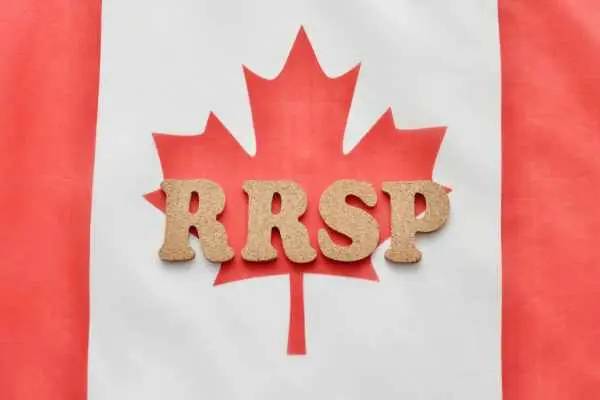Overview of Landlord-Tenant Laws in Canada

To effectively navigate the landlord and tenant laws in Canada, one must possess a thorough comprehension of the rules and regulations that regulate this domain. The purpose of these laws is to safeguard the rights of both parties and provide unambiguous duties. It is essential for landlords who want to lease their property and renters who want to rent to be well-informed about these rules. This article, presented by Tax Tree, seeks to elucidate crucial elements of landlord-tenant legislation across Canada, underscoring the need of understanding your rights and obligations.
The Residential Tenancies Act
Every province and territory in Canada has its own iteration of the Residential Tenancies Act (RTA), which delineates the legal structure for rental agreements. Although the details may vary, these actions often encompass:
Lease agreements and terms
Security deposits and rent increases
Rights to entry and privacy
Maintenance and repairs responsibilities
Processes for eviction and dispute resolution
Lease Agreements
Lease agreements are legally enforceable contracts entered into by landlords and tenants. The rental agreement should explicitly outline the duration of the lease, the specified rent amount, regulations concerning pets, policies about subletting, and any other terms and circumstances pertaining to the property. Prior to signing, it is crucial for both parties to meticulously examine and comprehend the lease agreement.
Collateral payments
The majority of jurisdictions permit landlords to collect a security deposit at the commencement of a rental. The sum is normally restricted to the equivalent of one month’s rent and is intended to account for possible damages or outstanding rent payments. Landlord and tenant laws dictate the particular conditions and timing for the return of this deposit at the conclusion of the lease, typically mandating that it be repaid with interest in certain situations.
Rent Increases
Landlords possess the entitlement to augment rent, nevertheless, they are obligated to comply with the regulations set out by the province. Typically, this involves giving sufficient advance notice (typically 90 days) and ensuring that the rent increases stay within the yearly restrictions established by provincial rental agencies.
Maintenance and Repairs
Landlords have the duty to keep the property in a livable state, perform essential repairs, and ensure that it meets health, safety, and maintenance regulations. Tenants are also obligated to fulfill certain obligations, which usually include doing routine maintenance tasks and quickly informing landlords of any problems.
Access rights
Landlords are obligated to uphold renters’ right to privacy. Typically, the RTA mandates that landlords must provide advance notice (ranging from 24 to 48 hours) prior to accessing the premises, unless there is an emergency or the lease explicitly states otherwise.
Evictions must adhere to the prescribed legal protocols as stipulated in the Residential Tenancies Act (RTA), which often need providing notice and establishing legitimate grounds, such as rent non-payment, lease violation, or the landlord’s requirement to use the property. Disputes are often addressed by provincial tenancy boards or tribunals.
Conflict Resolution
It is crucial to acknowledge that there are substantial variations in landlord-tenant regulations across different provinces and regions. Quebec’s “Régie du logement” and Ontario’s “Landlord and Tenant Board” exhibit distinct processes and rules, as exemplified. For the most precise information, always consult the regulations of your particular province or area.
In conclusion
Gaining a comprehensive understanding of the landlord and tenant laws in Canada is crucial for establishing an equitable and considerate renting experience. For both landlords and tenants, understanding these regulations is crucial for safeguarding their rights and ensuring a seamless lease. To get precise legal counsel or help, it is advisable to seek consultation with a legal specialist or property management professional such as Tax Tree, who can provide customized direction and support.
Do you want Personal & Corporation Tax Services or need help in bookkeeping & accounting Services? Visit Tax tree unit 613, 4789 Yonge St, Toronto ON M2N 0G3 or Call +1 (647) 236 8585. As a Quickbooks ProAdvisor, we provide accounting and bookkeeping services in Toronto.
